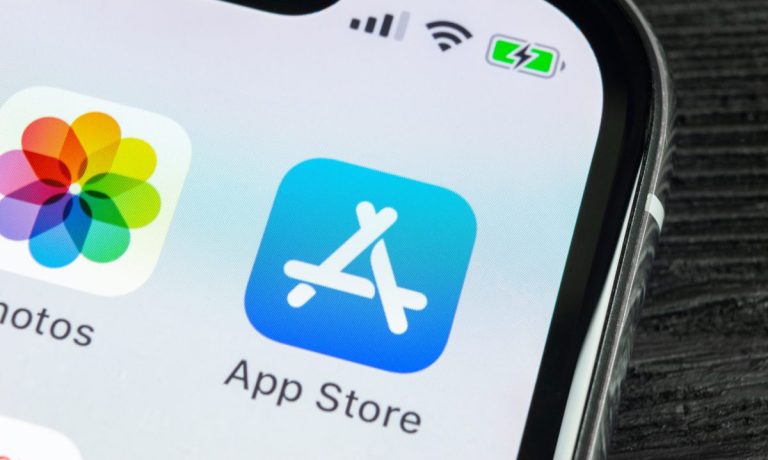Apple’s move to delay opening the payment gateways of its App Store to third parties was denied by U.S. District Judge Yvonne Gonzalez Rogers during a hearing Tuesday (Nov. 9), the Financial Times (FT) reported.
The judge said Apple was engaging in “incipient antitrust conduct” by denying app developers the ability to give their customers outside links for payments. Apple said it planned to request another stay, according to the report.
See also: Apple Objects to ‘Mechanism’ for Outside Payments in Apps in Its App Store
Apple attorney Mark Perry asked the judge to grant a stay that would indefinitely extend a Dec. 9 deadline for Apple to comply with her September injunction, The Wall Street Journal (WSJ) reported. Rogers made the ruling as part of a wider antitrust suit filed by Epic Games, the maker of Fortnite.
“Apple believes no additional business changes should be required to take effect until all appeals in this case are resolved,” an Apple spokeswoman said in a statement, according to WSJ. “We intend to ask the Ninth Circuit for a stay based on these circumstances.”
Read also: Apple Updates App Store Guidelines to Allow Communications Outside App
Advertisement: Scroll to Continue
Epic’s lawsuit centers on Apple’s in-app payment system and associated commissions that can run as high as 30% of digital revenue.
The Epic suit put the App Store under the microscope, where it was discovered during the trial that $1 out of every $5 of the company’s overall operating profit came from the App Store, and a large percentage came from sales of video games, WSJ reported. Apple disagreed with the findings and said the operating margins discussed were flawed.
See also: Apple Nets $6M From Fortnite Maker Following Court Order
“While this is a modest concession that does not address the root of Apple’s anti-competitive behavior, this injunction will provide much-needed relief to our members and developers worldwide,” the Coalition for App Fairness Executive Director Meghan DiMuzio told FT. “No company, no matter how large or powerful, should be allowed to dictate how and when other companies communicate with their own customers.”
The coalition has over 60 members, including Epic, FT reported.




